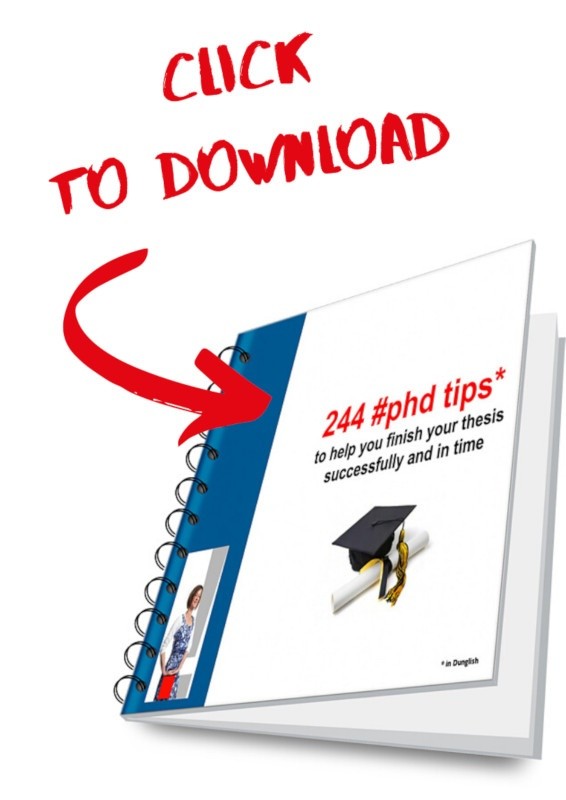One blog I read regularly is by Leo Babauta, called zen habits. Essentially, he writes about simplifying your life. A while ago, Scott Young was a guest blogger for Babuata’s website and he wrote the post, The Really Simple Way to Get Work Done. I was greatly inspired by this piece and therefore wanted to share it with you.
Being productive sounds easier than it is. The typical advice to increase your productivity and manage your time well either uses slogans (Think:“Make sure you do it now! and “Don’t save for tomorrow what you can do today!”), which won’t work in the long run, or utilises systems like Getting Things Done, which can be immensely productive, however demands tremendous discipline.
Scott Young provides a third alternative. He claims he uses the psychology of procrastination, a very simple approach you can begin using right away. How?
The psychology of procrastination
Everybody procrastinates. The answer to the question of why people procrastinate is normally lacking the motivation required or not possessing enough self discipline. However, most of us are not lazy, so – according to Young – there must be other reasons behind why people procrastinate.
Young identifies the following three reasons and explains how to change them:
Not knowing when to stop
Procrastination is more about not knowing when to stop, than not knowing when to start. This might not seem logical at first, because of course, you need to start first in order to even be capable of finishing. But, it appears that people’s biggest fear is of the endless to-do list. Stress levels rise just by recognising how much you still have to accomplish, and once you start, you actually comprehend the amount of work you still have to do, resulting in not starting at all.
One way to quit this mechanism or habit is by discerning what the end result should be. Once you know precisely what needs to be done, it will be much easier to actually start doing what you need to do.
Measure your work in hours, not tasks
To measure your work in hours originates from the Industrial Age. Work that derives from creativity and knowledge (your PhD) cannot be measured in time. It is much more important to finish a task and the amount of time it took is not relevant. Focus on your tasks, so you know when your work is finished and don’t zoom in on (wasted) hours.
Use time management
Using time management is actually not a good idea. Don’t you think it would be much more logical to consider energy management? Accordingly, it is all about the energy, not the amount of time something takes. If you are really passionate or very focused about something, you will get three times more work accomplished than if not. Likewise, working for 16 hours a day instead of 8 will definitively lead to a burn-out.
Looking from that perspective, procrastination is a direct result of exhaustion. You will have better results if you use the energy you have and you make sure you take the time to replenish your energy.





